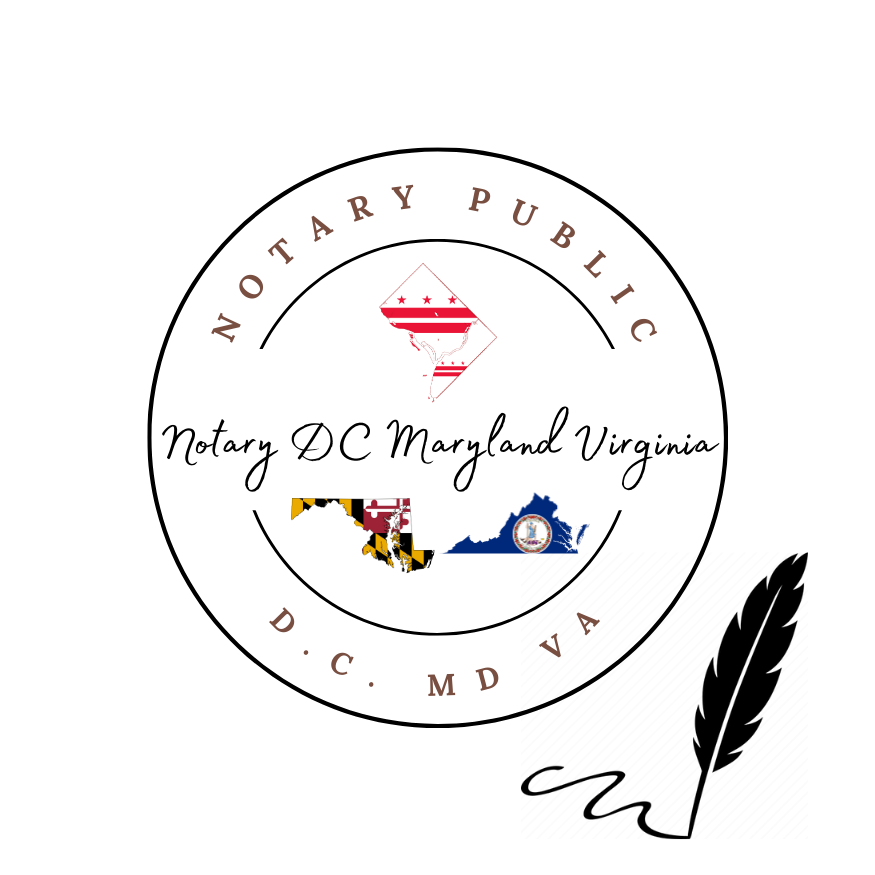Apostille / Legalization Services for Documents Bound for Non-Hague Treaty Countries
When you need to use a U.S. public document (e.g. birth certificate, diploma, corporate documents, power of attorney) in a foreign country, that country must recognize its authenticity. If both the U.S. (or the issuing U.S. state) and the destination country are parties to the Hague Convention Abolishing the Requirement of Legalisation for Foreign Public Documents (1961), then the solution is simple: obtain an apostille. The apostille is a standardized certificate issued by a competent authority (for U.S. federal documents, the U.S. Department of State; for state documents, the state’s Secretary of State) that verifies the signature and seal on the document for international use.
However, if the destination country is not a member of the Hague Apostille Convention, then the simple apostille is not sufficient. In that case, documents must go through a legalization / authentication process, often involving multiple steps including certification by U.S. state and federal offices, and possibly legalization at the destination country’s embassy or consulate in the U.S.
We provide full-service apostille and legalization support for documents destined for non-Hague Treaty countries, handling every step so you don’t have to worry about procedural missteps or delays. Below is how we do it—and how you can get it done.
How Our Service Provides Apostille / Legalization for Non-Hague Countries
Because non-Hague countries do not recognize an apostille alone, the process is more involved. Here's how we assist:
Preliminary Document Review & Notarization
We review your documents, confirm they are in the proper form and prepare any required notarization or certification before legalization. If necessary, we coordinate with notaries or officials in your state to ensure signatures, seals, and formatting are valid.State Authentication / Certification
For documents issued in a particular U.S. state, we request certification (sometimes called certificate of authority or authentication) from the state’s Secretary of State or analogous office. This validates that the signature/seal on the document is genuine.U.S. Department of State (Federal Authentication)
After state-level certification, we submit the documents to the U.S. Department of State Authentications Office for federal-level verification. This confirms the legitimacy of the state certification.Embassy / Consulate Legalization (if required by the target country)
Next, we present the documents (with federal authentication) to the destination country’s embassy or consulate in the U.S. This step “legalizes” the document for use in that country. Some countries require additional stamps or seals from their diplomatic mission.Translation & Certified Copying (if needed)
If the country requires documents in its local language, we arrange certified translations. Also, we provide certified copies as required by the receiving authority.Final Delivery / Courier
After legalization, we can courier the fully legalized documents to you or directly to the foreign recipient or institution abroad.
Throughout, we keep track of deadlines, consular appointment windows, and communication with diplomatic offices so delays are minimized.
How to Get an Apostille / Legalization for a Non-Hague Treaty Country: Step-by-Step
If you prefer to handle it yourself (or want to understand our process), here’s a generalized sequence:
Check Destination Country’s Requirements
Confirm whether the country is a Hague member or not. If not, determine whether legalization via embassy or consulate is required. Contact that country’s embassy in your jurisdiction to obtain the precise requirements and any forms.Prepare & Notarize Documents
Ensure the documents are properly notarized, signed, and sealed according to your state’s rules. Provide original or certified copies as required.State Authentication
Submit your documents to your state’s Secretary of State (or equivalent) to authenticate the notary’s signature/seal. There is typically a fee and request form.Federal Authentication
Forward the authenticated state documents to the U.S. Department of State’s Authentications Office for federal authentication.Embassy / Consular Legalization
Take—or submit via courier—the federally authenticated documents to the target country’s embassy or consulate in the U.S. They will apply their legalization stamps or seals.Translation & Certification (if required)
If the foreign authority requires a translation or certified copy, perform that step either before or after legalization, as required.Delivery to the Recipient
Once everything is legalized, send the document to the recipient or institution abroad.
Because steps vary by country (some may skip certain levels, or require additional ministry-level authentication), it’s crucial to follow the specific requirements of the target nation.
Sample List of Non-Hague Treaty Countries (Non-Apostille Countries)
Below is a non-exhaustive list of countries that do not participate in the Hague Apostille Convention, and thus typically require the full legalization/authentication route:
Afghanistan
Algeria
Angola
Bangladesh
Benin
Burkina Faso
Cambodia
Cameroon
Congo (Republic)
Democratic Republic of the Congo
Cuba
Egypt
Eritrea
Ethiopia
Ghana
Guinea
Haiti
Iran
Iraq
Jordan
Kenya
Kuwait
Laos
Lebanon
Libya
Madagascar
Malaysia
Mali
Mauritania
Nepal
Niger
Nigeria
Palestine
Qatar
Sierra Leone
Sri Lanka
Sudan
Syria
Tanzania
Thailand
Togo
Turkmenistan
United Arab Emirates
Uganda
Vietnam
Yemen
Zambia
Zimbabwe
These are drawn from various legal services sources and may vary over time.
Note: Some countries are in flux (joining or ratifying the convention), so you should always verify the current status via the Hague Conference or the embassy.
Why Use Our Service (and Why It Matters)
Complexity & Risk Reduction — The multiple-tier legalization steps are prone to errors (missed seals, wrong forms, missed embassy windows). We minimize that risk.
Time & Convenience — You avoid managing multiple agencies and diplomatic schedules; we coordinate everything for you.
Compliance Assurance — We monitor changing embassy rules, verify current requirements, and avoid rejections.
End-to-End Handling — From notarization to final delivery, we manage all logistics and keep you updated.
Getting use of a U.S. document accepted abroad in a non-Hague country demands more than a simple apostille—it requires a rigorous legalization process. But with expert handling, you can avoid costly mistakes, delays, or rejections abroad. If you’d like us to provide a no-obligation quote for a particular document and destination country (or verify whether an apostille or legalization is needed), I’d be happy to assist.

